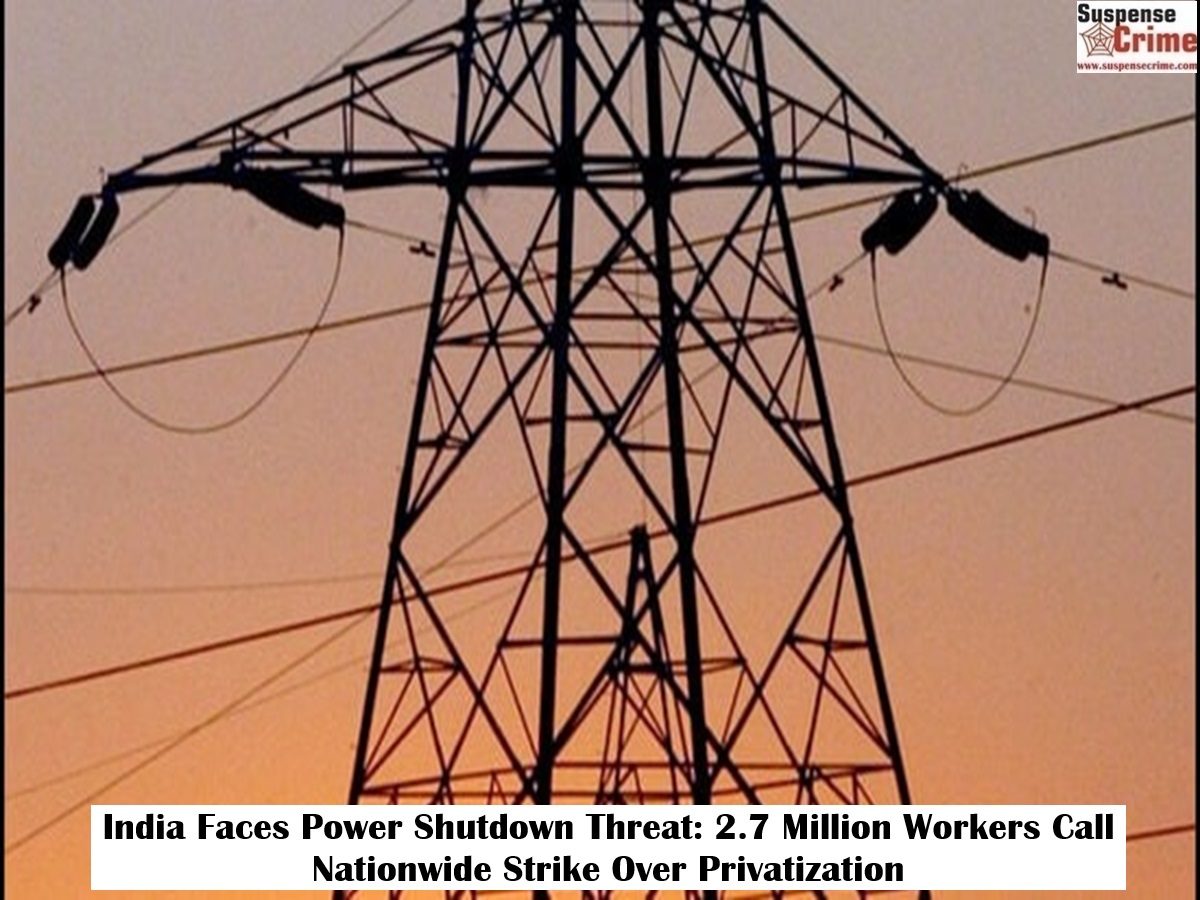
Suspense crime, Digital Desk : A massive nationwide disruption in electricity supply looms large over India. Over 2.7 million power sector employees, spanning across various states, have announced their decision to go on a day-long strike on July 9. Their unified protest is aimed squarely against the central government's ongoing push for the privatization of electricity distribution companies (discoms), with a particular focus on the controversial policies being implemented in Uttar Pradesh.
The decision to launch this widespread protest stems from deep-seated fears among the employees and their unions regarding the implications of privatizing the power distribution sector. Workers argue that privatization leads to significant job losses, a deterioration of service quality for consumers, and potentially higher electricity tariffs. They contend that the move primarily benefits private corporations at the expense of public interest and the welfare of long-serving employees who have dedicated their careers to the sector.
The strike call, issued by the National Coordination Committee of Electricity Employees and Engineers (NCCOEEE), represents a formidable show of strength. It involves employees from various segments of the power sector – including generation, transmission, and distribution – effectively threatening to bring large parts of the nation's electricity grid to a standstill. While the immediate trigger is the specific privatization model being aggressively pursued for Uttar Pradesh's discoms, the protest is a broader condemnation of similar policies eyed for other states as well.
Such a large-scale industrial action could lead to widespread power outages and significant disruption to essential services reliant on a continuous electricity supply. Citizens, businesses, and critical infrastructure could all face the brunt of this nationwide protest, creating an urgent situation for authorities to address.
This isn't the first time power sector employees have resorted to such measures. There have been previous protests and dialogues with the government over the same issue. Unions claim that despite their concerns and previous assurances, the government has continued its path towards privatizing profitable public sector utilities, leaving them with no option but to resort to a strike to make their voices heard.
As July 9 rapidly approaches, all eyes will be on the government's response. The demand from the employees is clear: halt privatization and address their concerns about job security and public service delivery. The outcome of this massive strike will undoubtedly have significant implications for India's power sector and its millions of consumers.
Read More: They Fired a Gunshot, We Are Bleeding CJI’s Emotional Outburst Over NCERT Textbook

 Share
Share



